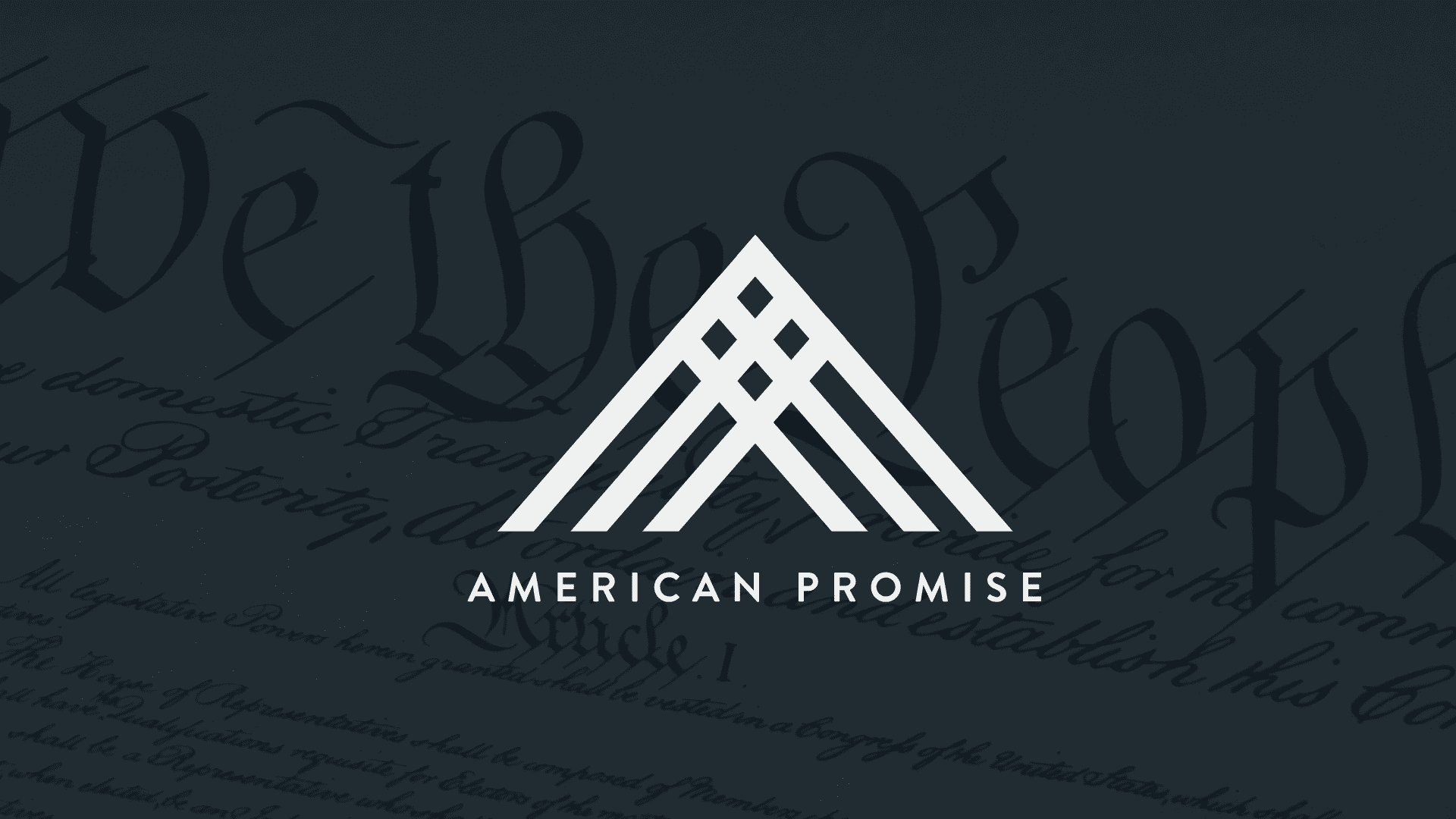American Promise Statement on Oral Argument in Federal Case Challenging Constitutionality of Maine’s SuperPAC Law
American Promise issued the following statement in response to the District Court for the District of Maine hearing oral argument today in a case challenging the constitutionality of Maine’s SuperPAC law passed in 2024:
“Everything in law and politics . . . comes back to divisions of power and the evergreen question: Who decides?”
This quote, from a book by Chief Judge Jeffrey S. Sutton of the Sixth Circuit Court of Appeals, strikes at the heart of why the current federal litigation in Maine matters. In a November 2024 ballot question, 75% of Mainers voted in favor of limiting the size of SuperPAC donations in the state. Shortly after that ballot measure passed, a pair of SuperPACs brought a federal lawsuit to stop enforcement of the law, claiming that limits on donations to SuperPACs are unconstitutional under Supreme Court precedents such as Citizens United.
At today’s hearing in the federal courthouse in Portland, the SuperPACs’ legal team argued, in effect, that unelected federal judges, rather than the people of Maine, should have the ultimate power to determine whether Maine can limit SuperPAC donations. According to the SuperPACs’ lawyers, when it comes to questions about whether and how to set guardrails on money in elections, the Supreme Court has taken those questions away from voters and elected policymakers and put them exclusively into the hands of judges.
It hasn’t always been this way. For the first 200 years of American history, policy regarding money in elections fell to legislators and policymakers in the states and Congress. But that changed in a 1976 case – Buckley v. Valeo – when the Supreme Court held, for the first time, that campaign finance regulations “operate in an area of the most fundamental First Amendment activities.” Over the past fifty years, the Buckley decision has had the effect of turning federal courts into the nation’s apex regulators of campaign finance policy.
The 2026 Senate election in Maine is projected to cost $600 million. Much of that money will come from SuperPACs, and Mainers have tried to do something about it. They, like most Americans, believe that the current system of money in politics is not working for us. But who decides whether we have the ability to change that system? Right now, the courts say we can’t.
This is not the first time that a Maine anti-corruption law has been blocked by a federal court. Last year, a federal judge in Portland blocked a law prohibiting foreign governments from spending money to influence Maine elections. Though that law had passed with a bipartisan legislative vote and was approved by 86% of Maine voters, the judge decided that the law could not withstand the Supreme Court’s rulings about money in politics.
We must not forget that, ultimately, the United States Constitution is the document that our country uses to resolve important questions about “who decides.” The Supreme Court has made a mistake by taking campaign finance policy away from the people. The most enduring way to fix those unwise Supreme Court decisions is to amend the Constitution and return that power to the American people.The For Our Freedom Amendment does that by restoring power to the states and Congress to decide whether and how to regulate money in campaigns and elections. While we urge the district court to uphold the will of Maine voters, elected leaders across the country should also take the step of returning power to all states by supporting the For Our Freedom Amendment.



